During spring break, I had the opportunity to visit a butterfly sanctuary in Maui. The fact that it is called The Maui Butterfly Farm (not caterpillar or chrysalis farm) speaks volumes about the value given to the butterfly in its life cycle.
The butterfly is beautiful, light, and free – an exquisite symbol of pleasurable moments or stages of life. In contrast, the caterpillar is ugly, heavy, sluggish, always hungry for more. It represents challenges along the way, the wish to transform and be transported elsewhere. For me, the hardest stage to be in sometimes is the chrysalis, the neutral moments of perceived inactivity when questions are marinating in dark space. If I force answers prematurely, wings are torn before possibilities can even take flight.
What does it mean to honor each stage, to understand that I am moving through symbolic caterpillar-chrysalis-butterfly stages multiple times, not just once in a lifetime? How would my life change if I wasn’t just chasing butterflies, but embodying the whole picture?
*****
In Matty Weingast’s, The First Free Women, original poems inspired by the early Buddhist nuns, Theri Punna (Full) writes:
Fill yourself
with
the Dharma.
When you
are as
full
as the
full
moon--
burst open.
Make
the dark night
shine.
Hearing Punna’s whispers inside this body-heart-mind, I wrote the following:
All this time--
waiting
for the big moment,
the Earth to quake
like His awakening.
All this time--
the heart knew
that reflecting
wholeness
in all beings,
like a still lake
mirrors
the full moon,
was Her awakening.
For years, I’ve been waiting for my life to begin. Chasing butterflies, waiting for the Earth to quake, to awake with ultimate understanding, I missed the smaller moments of stress and struggle, of forgiveness and redemption, of joy and fullness all around me.
In medicine, meditation, and other aspects of life experience, there is deeper presence, less restlessness, more contentment in the simplicity (and profound healing) of reflecting wholeness in others by sensing the fullness within.
*****
In Yasodhara* and the Buddha, Vanessa Sasson does a fine job of setting a vivid stage for their story. She honors ancient Indian culture with humor and reverence. Because of her background in Asian studies and notes at the end of the book referencing other Buddhist and Hindu texts, I trust the story. I also respect her creative additions.
There are so many themes to contemplate in the book: opulence vs. simplicity, loving a precious few vs. all beings equally, the life of a monastic vs. the life of a householder, confusion vs. clarity. They remind me of the three poisons in Buddhism – greed, hatred, and delusion, and the healing power of generosity, metta, and clear-seeing.
Though the Buddha’s story gets all the attention, Yasodhara’s story is equally important. As a householder myself, I feel her loss when she agrees to marry and is confined to the palace walls and Siddhatta’s heart. She renounces her previous life and the freedom it offered. I feel her labor pains, her devotion to Rahula*, her grief and the doubt it conjures when Siddhatta leaves and again when the Buddha takes Rahula for training. I resonate with the need to embody Durga Mata*-like fierce presence, the need for strong maternal guidance and support from someone like Mahapajapati* to face sexual assault.
In the end, I understand that awakening is possible for a householder as much as it is for a renunciate, not because she left, but because she stayed. She stayed with the whirlwind of emotions, changes in her body, changes in her identity. She saw Kisa Gotami* holding on to a dead child in a deliriously painful way, and began to contemplate the power of letting go.
May all women sense their full moon potential, and reflect this in others.
Notes:
*Yasodhara is Siddhatta’s wife. Siddhatta later becomes the Buddha.
*Rahula is the son of Yasodhara and Siddhatta.
*Durga Mata is the Hindu goddess of protection, strength, motherhood, destruction and wars.
*Mahapajapati is Siddhata’s maternal aunt who raises him when his own mother, Maya dies after childbirth.
*Kisa Gotami is so stricken by the death of her child that she loses her mind. She is freed by a wise teaching from the Buddha.
*****
Butterflies, full moons, epic stories inspire this journey of late. I’m so grateful for some time to slow down and reflect on them. May something offered here be of use, of inspiration.
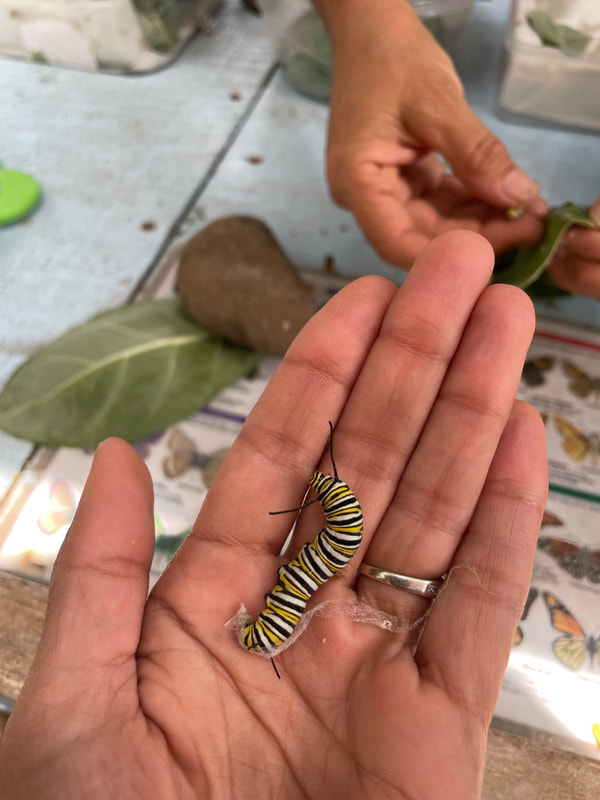
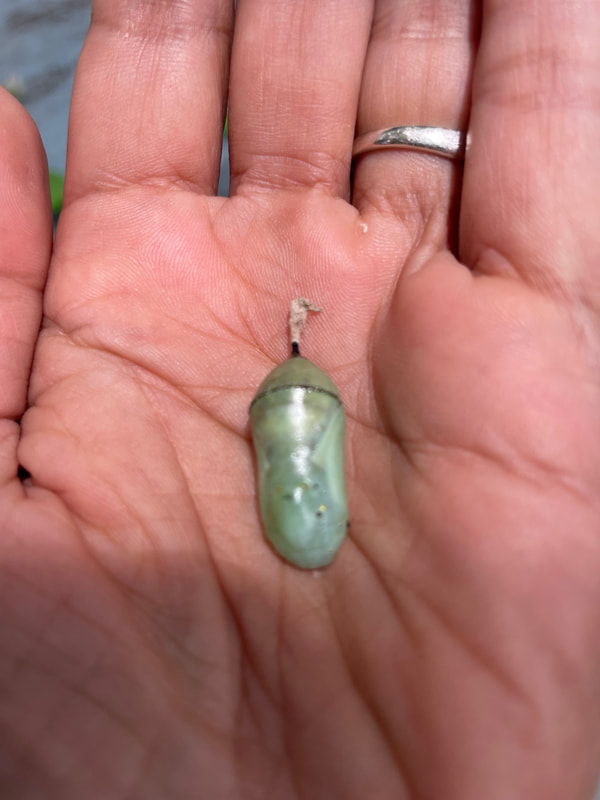
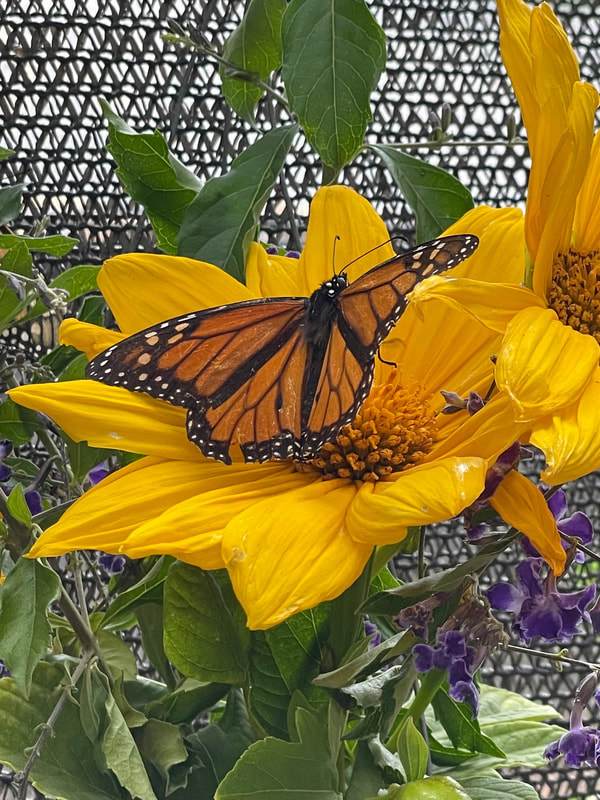
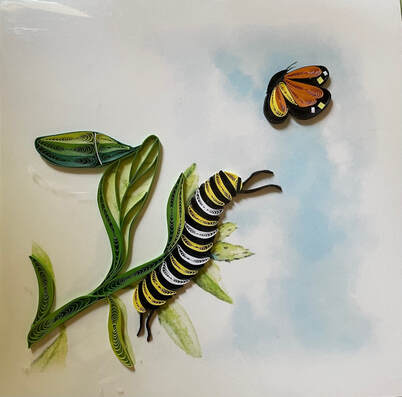

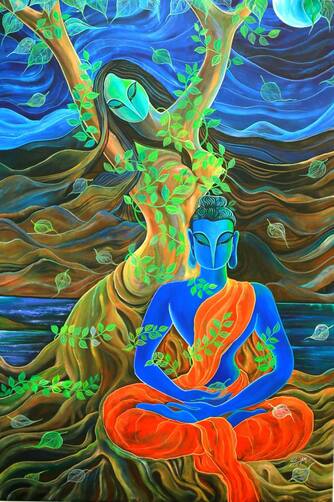
 RSS Feed
RSS Feed